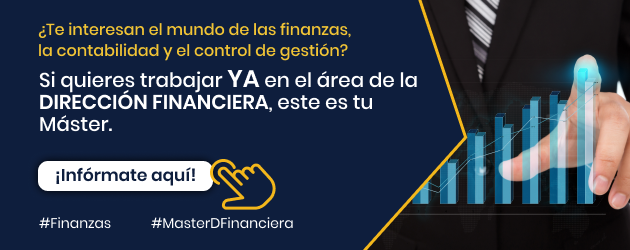It is increasingly common to talk about a startup to refer to any newly created company. Some other people restrict the use of this type of SMEs to those that have a high technological component. However, it is such a fashionable concept that each person wants to use it for their own business.
However, not all newly created companies have to be considered startups, not even those that depend almost entirely on technology to survive. It's more, There are even established companies that could also be considered startups..
For many experts, a startup is a company (not necessarily small) that bases its work on the study and development of a product with a clear innovation index, adding value or solving problems in a sector. For this reason, companies like Google, Apple, Facebook, Amazon or Microsoft are often considered startups, even though they are the most capitalized companies in the world.
Besides, A startup is a company that grows much faster than companies in its sector., generally because it has much more robust financial support. In fact, in the eyes of an investor seeking profitability for their capital, a startup is a risk, but a challenge that can make them millionaires.
When does my company stop being a startup?
However, startups are not for life. Although there are companies that will continue to be such (like those mentioned above), most will soon cease to be so. But what is that point? Experts like Marek Fodor have defined the characteristics of a company that is no longer a startup.
The first of these factors is when the company reaches the break-even point, that is to say, when you spend the same as you earn (no more no less). It also ceases to be so when the company has hired one or more secretaries, most employees work more than 8 and a half hours a day o the main source of inspiration are the ideas launched by the competition.
In addition, also with the fact that the founders or bosses have offices independent of the rest of the team and that the office continues to function the same (or better) when they are not there than when they are.
Obviously, this list is fundamentally based on organizational rather than economic elements, so it must be taken with a grain of salt. However, what this list summarizes is that a startup is no longer considered as such. when it acquires all the vices of the rest of the companies.
Fountain: SMEs and self-employed

































